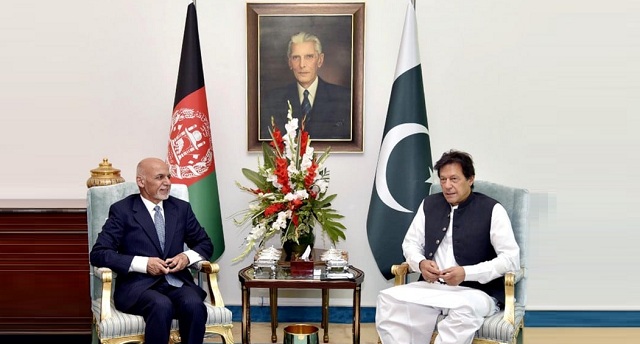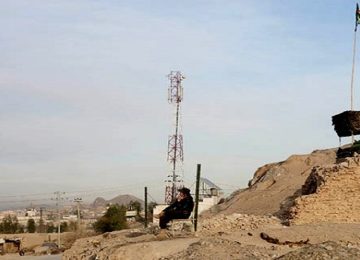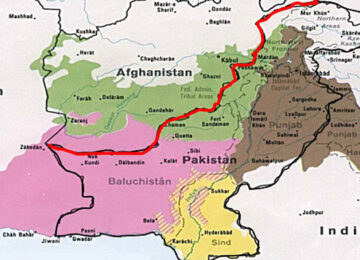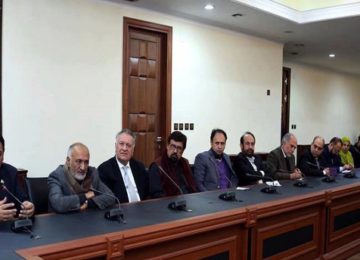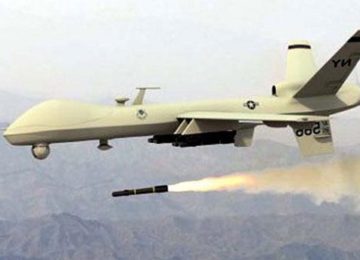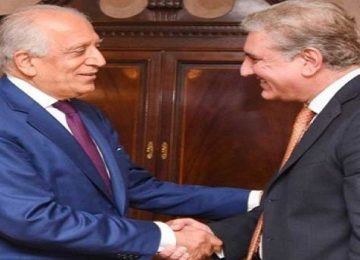January 01, 2020
To assist in Afghanistan’s rehabilitation and socio-economic development, Pakistan has extended its financial and technical support to Afghanistan in various fields, including health, education, business, trade, infrastructure, and in the training and capacity building of the Afghan people in various provinces, including Kabul, Jalalabad, Mazar-i-Sharif and so on. In the socio-economic development alone, Pakistan provided US $1 billion in aid to the country since 2001 and, in addition, made efforts to improve bilateral relations, facilitate consular services for Afghans visiting Pakistan for education or medical reasons and issue Afghan citizen cards to 850000 Afghans living in Pakistan.
Extending Educational Opportunities for Afghan Youth in Pakistan
In 2012, the Government of Pakistan extended 1000 fully funded scholarships, including undergraduate, Masters and PhDs for Afghan youth, which have been awarded to Afghan students each year ever since. In 2017, Pakistan added 100 dedicated scholarships specifically for young Afghan women to the list. 25 dedicated scholarships were particularly in the field of agriculture for Afghan students.
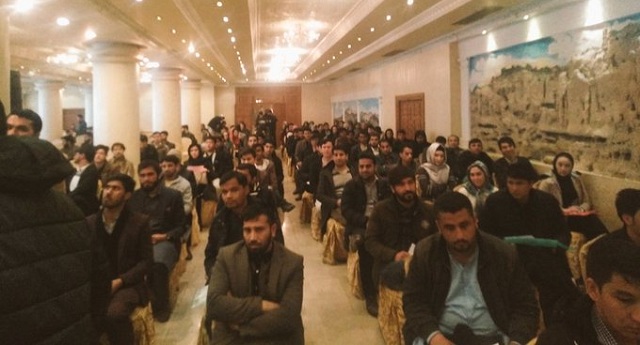

Assistance in Education Related Infrastructure Development Within Afghanistan
Pakistan also contributed extensively to the infrastructure building in the education sector of Afghanistan. In Mazar-i-Sharif, Pakistan built Liaquat Ali Khan Engineering Faculty Block in Bulkh University for Rs. 1.046 billion. In Kabul, Pakistan built Allama Iqbal, Faculty of Arts, Kabul University for Rs. 672.54 million. In Nangarhar Province, Pakistan built Sir Syed Post Graduate Faculty Block for Rs. 389.65 million while in Kabul, Pakistan paid Rs. 120.00 million for the construction of Rehman Baba School.
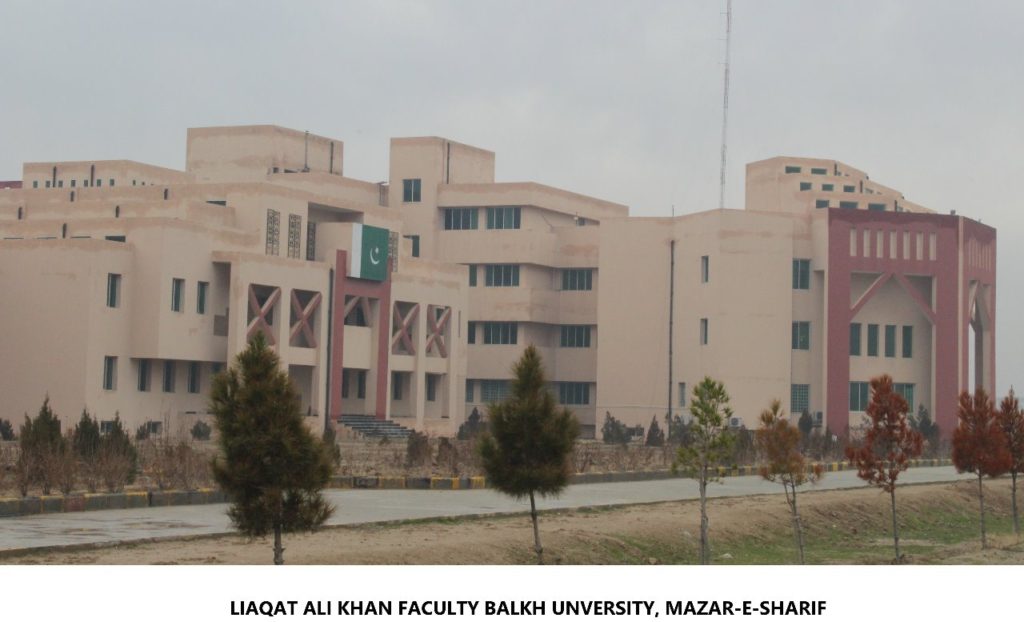
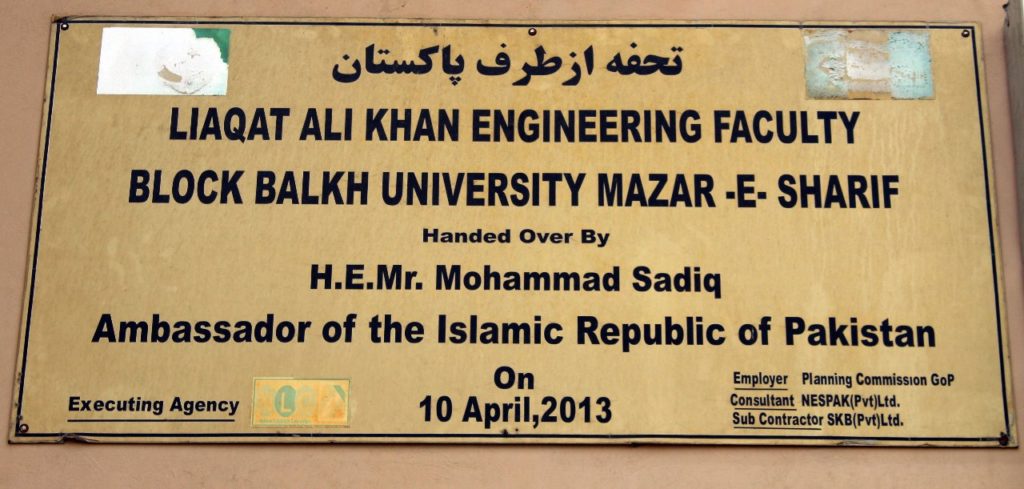
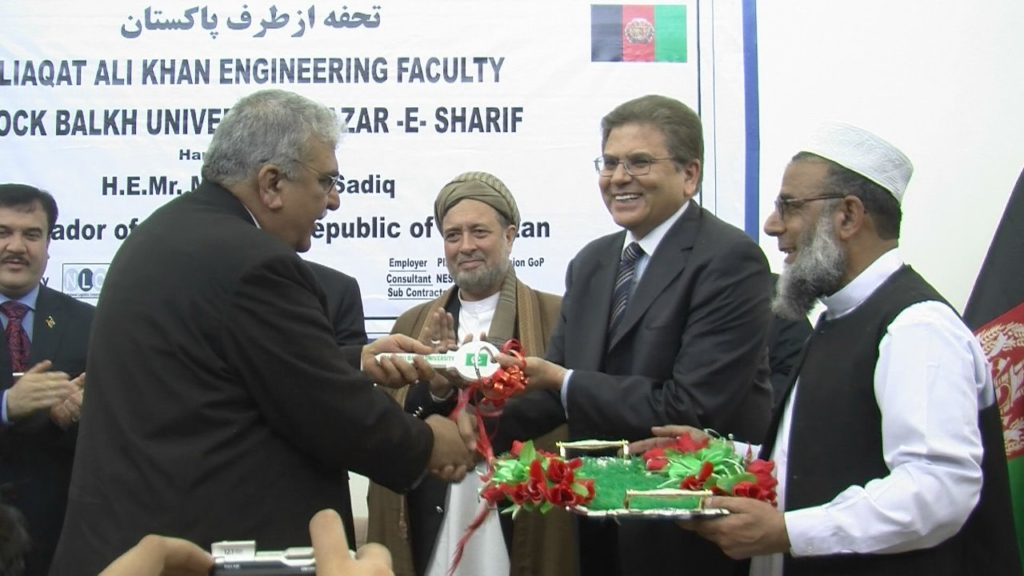
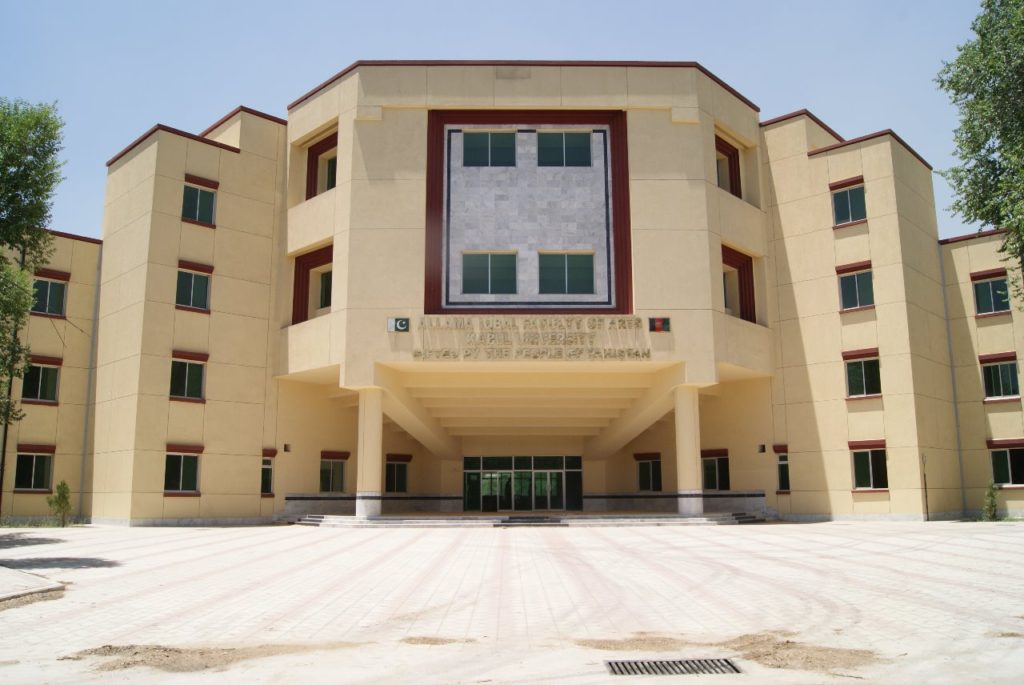
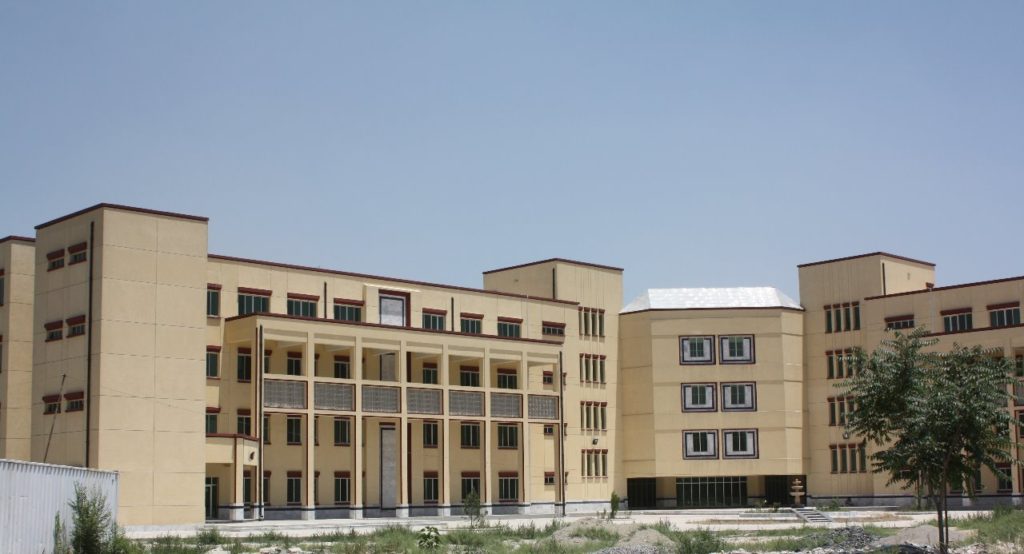
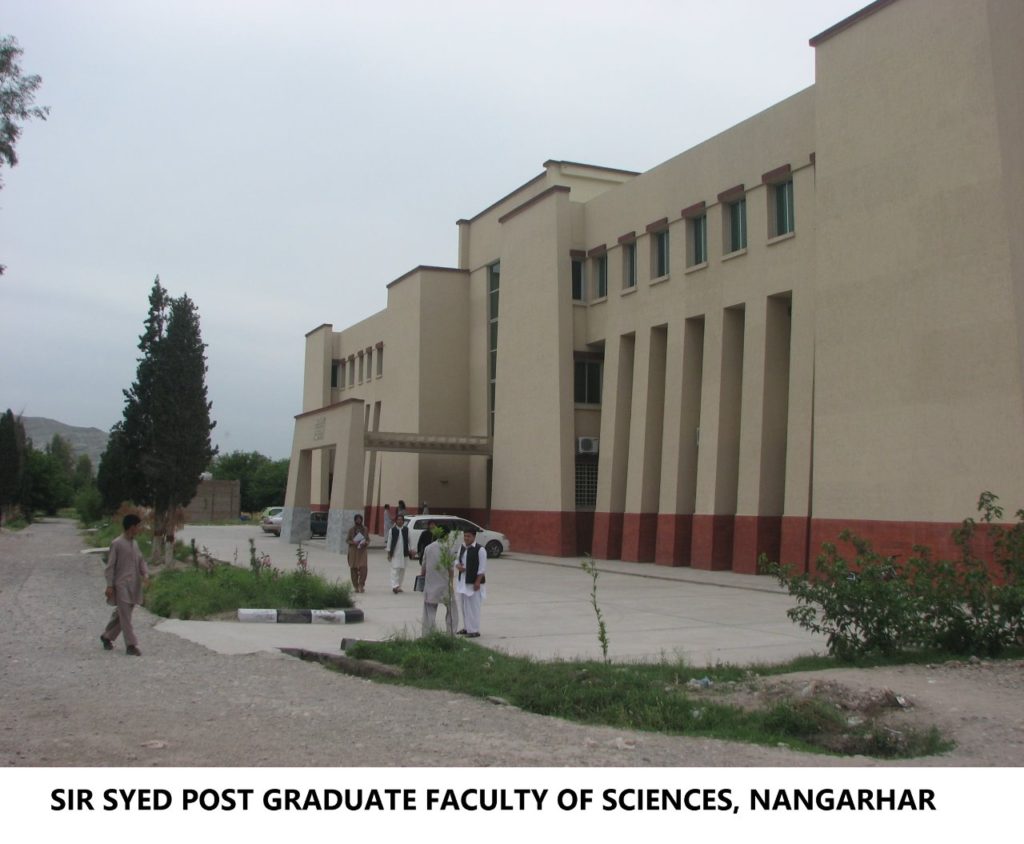
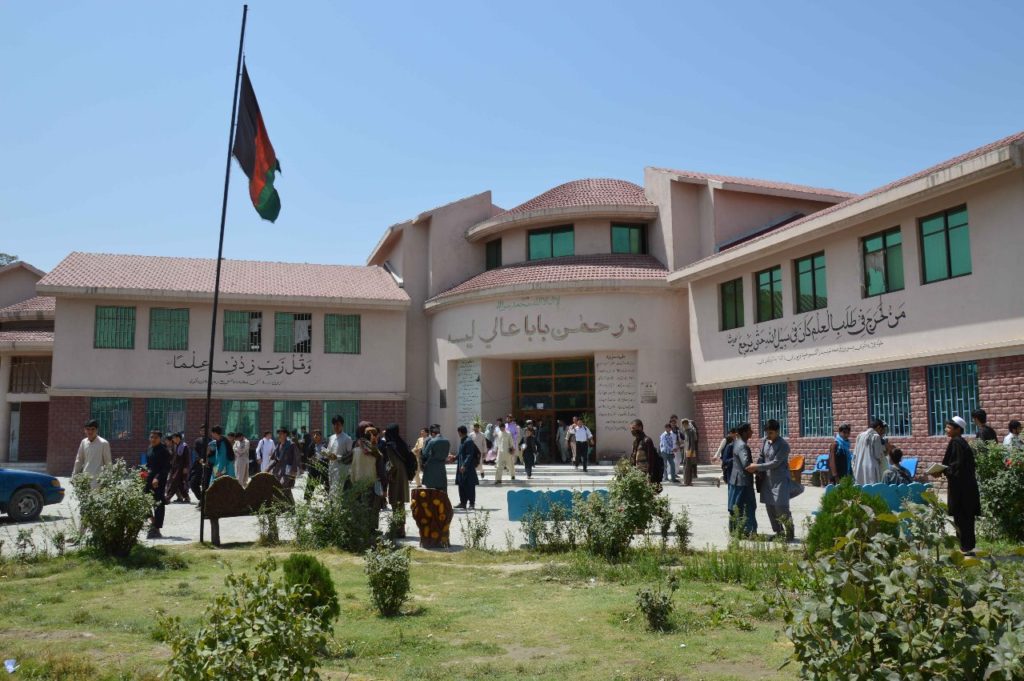
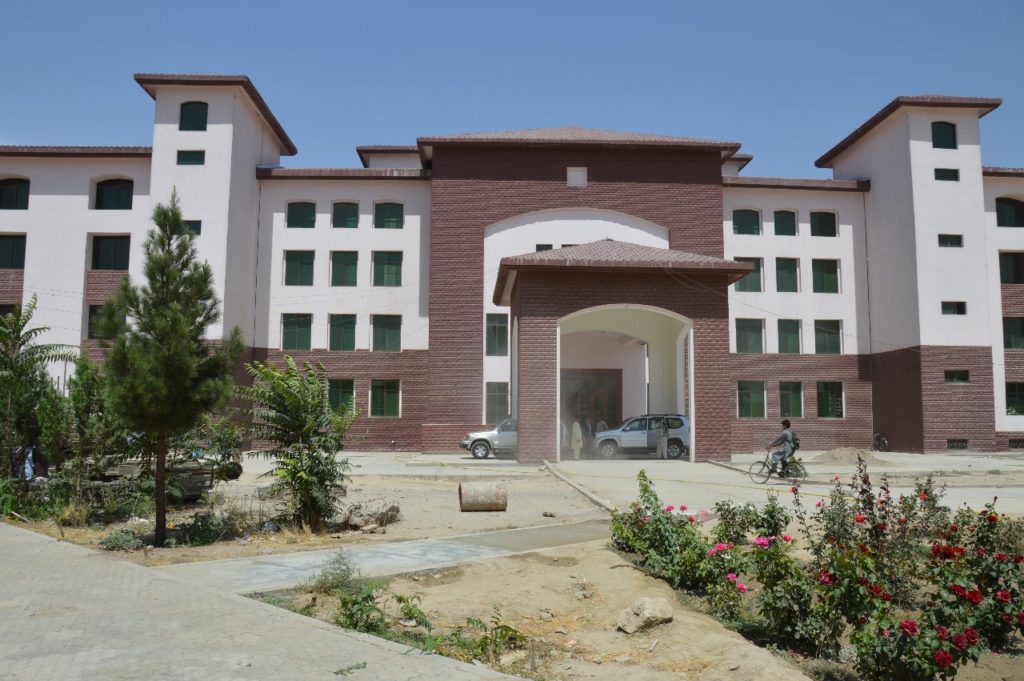
Islamabad’s Positive Contribution to Helping Afghanistan’s Health Sector
In Jalalabad, Pakistan built the Nishtar Kidney Center which cost US $7 million. In Kabul, Pakistan built Jinnah Hospital which has 400 beds which cost US $118.854. In Logar Province, Pakistan built Naib Aminullah Logari Hospital which cost US$ 20 million. Pakistan also built 14 mobile medical units which cost Rs. 58,020 million.

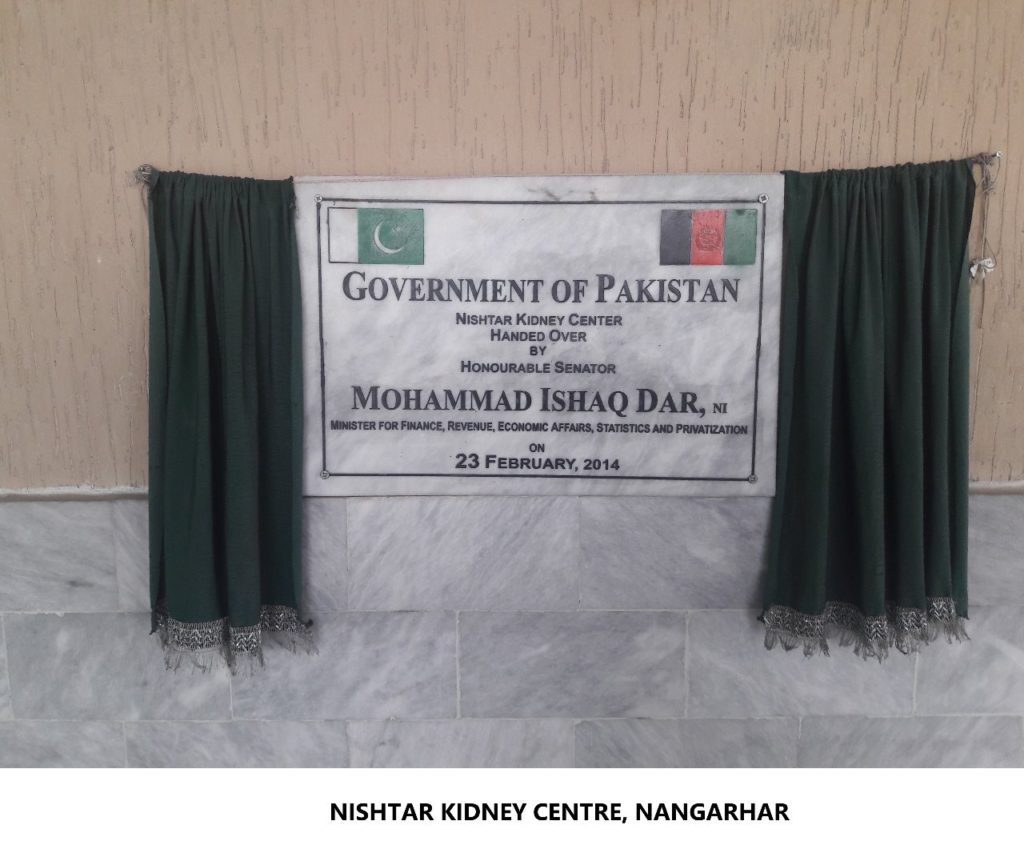
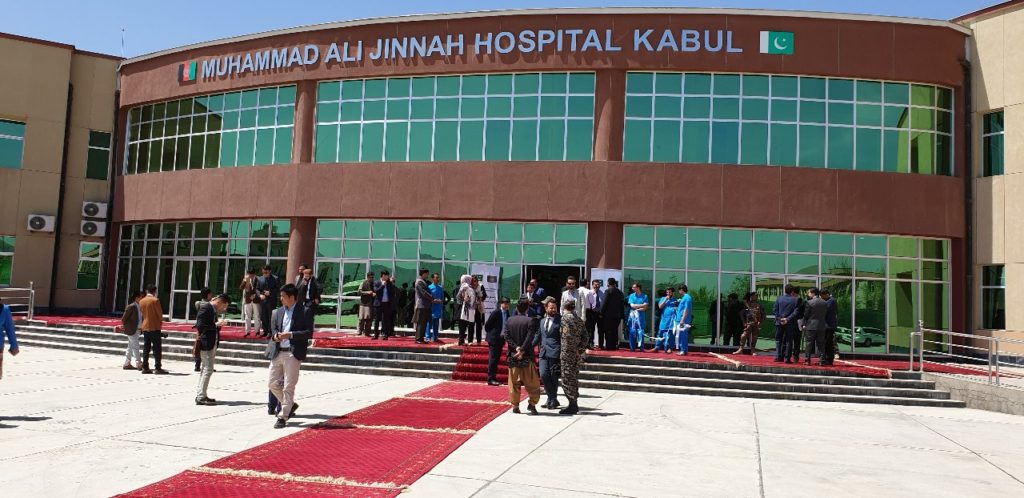
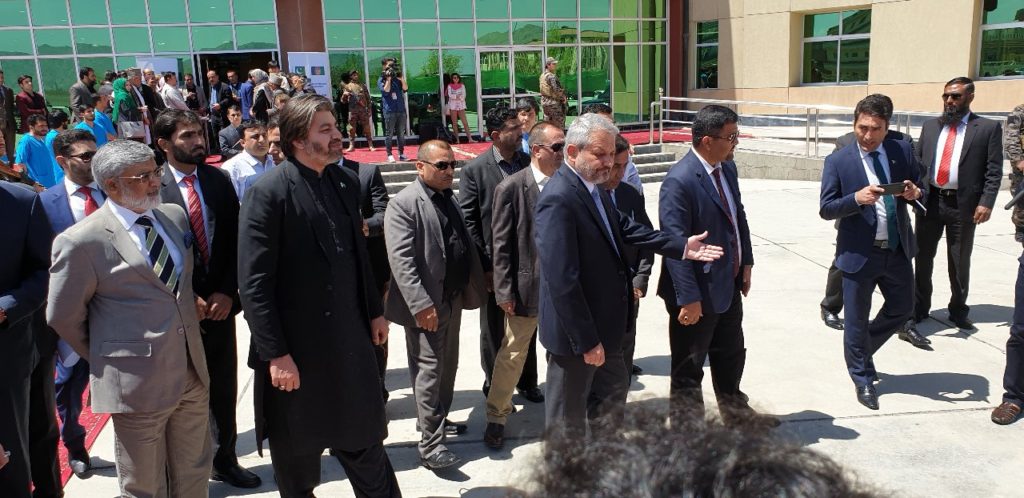
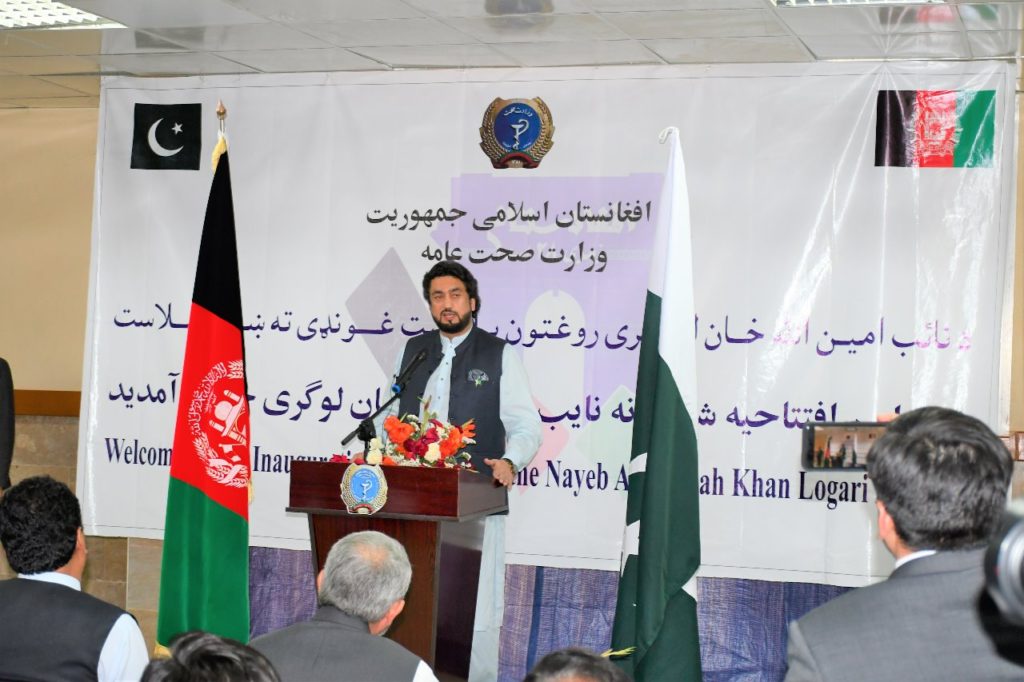
Islamabad’s Positive Overtures Regarding Bilateral Trade Facilitation
On the economic front, Pakistan is number one export market of Afghanistan, constituting around 47% of Afghanistan’s total exports. Around 60% of Afghan transit trade goes through the Torkham crossing point. Afghanistan is also the only country allowed to export cotton by land to Pakistan. Pakistan buys the entire produce worth US$ 12 million. Further, the Torkham border is open for operationalization round the clock.

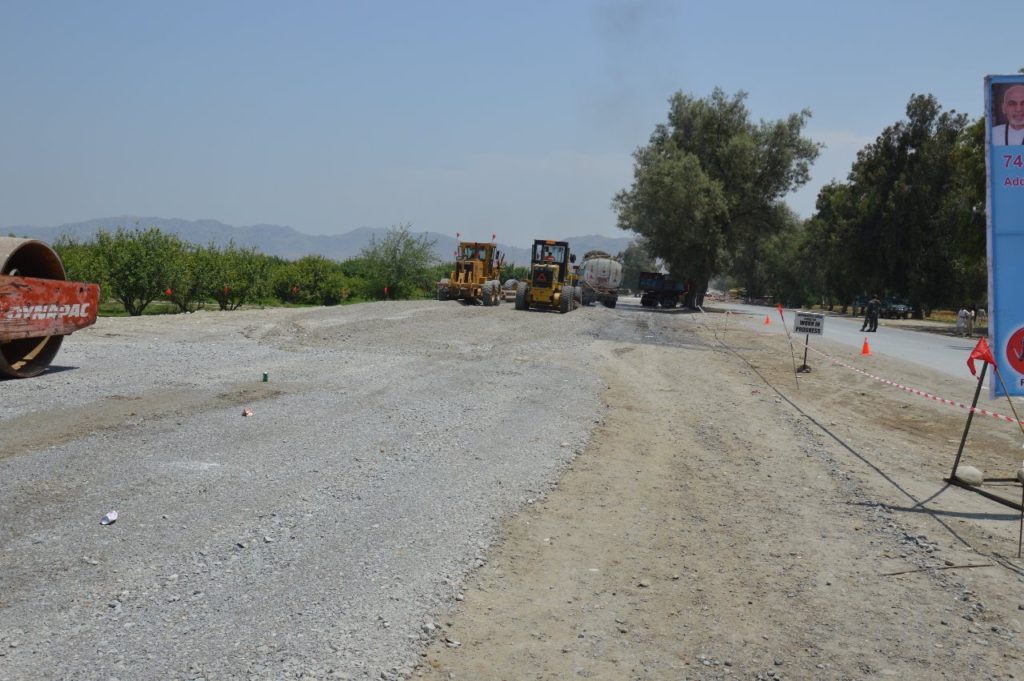
Afghanistan is also exempted from paying any regulatory import duty. Business visas are issued the same day to Afghans in addition to a one-year multiple exemption from police registration. Pakistan has also opened the airspace to allow Afghan-India air corridor to function while Afghan exports are allowed through Wagah to India as well.
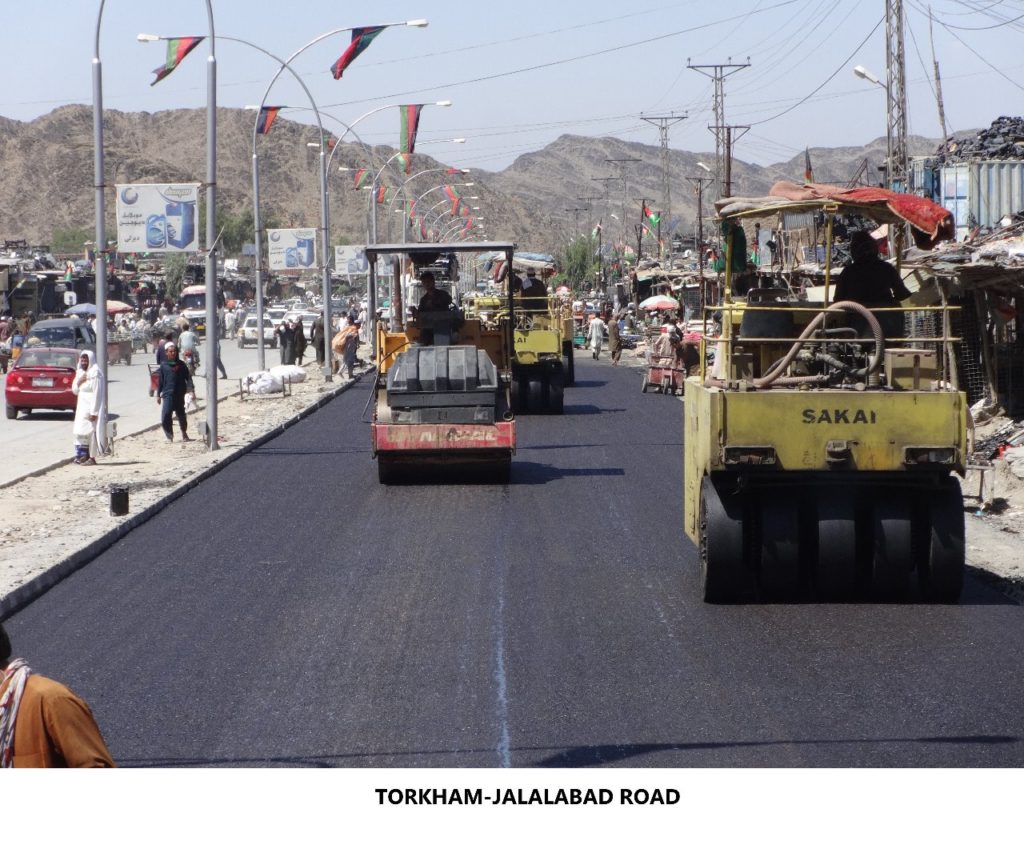
Facilitation for Refugees and Consular Services
Pakistan has been working on the voluntary repatriation of Afghan refugees living in Pakistan since four decades. Every year the POR is renewed. Pakistan has also issued Afghan Citizen Cards to 850000 illegal Afghans in Pakistan.
Pakistan annually issues more than 700,000 visas, including 80,000, medical visas to Afghans. The visa is issued the next day of application.
Diplomatic Confidence-Building Measures Between Pakistan and Afghanistan
On the political front, the two countries have signed the Afghanistan Pakistan Action Plan for Peace and Solidarity (APPAPS) wherein the five working groups cover the entire gamut of Pak-Afghan relations. APAPPS is a forum not only for bridging differences and developing relations but also for crisis management. Pakistan’s foreign Minister’s first visit abroad was to Kabul while President Ghani also visited Islamabad in June 2019. Pakistan has also been playing a very positive role in expediting the Afghan peace process.

The details of the aid extended to Afghanistan for its rehabilitation are as follow. The figures have been obtained from Embassy of Pakistan in Kabul.
| Miscellaneous Donations | ||
| Cash Assistance to Afghan Government | US$ 10.00 million | |
| Donation of 50,000 MT wheat to Afghanistan | Rs. 470.650 million | |
| Donation of Telecom and Electricity Systems | US$ 3 million | |
| 5 million Text books and 300,000 student kits | Rs. 88.400 million | |
| Supply of 100 buses to Afghan Government | Rs. 290.00 million | |
| Installation of TV Transmitter at Kandhar | Rs. 3.075 million | |
| Repeater Station for Kabul-Peshawar digital Radio Link | Rs. 4.5 million | |
| Payment of PIA fare for Afghan Hajis | Rs. 30.95 million | |
| Supply of 9600 tents as humanitarian assistance | Rs. 47.00 million | |
| Reconstruction of Deh Mazang Park and Rehabilitation of Kabul Zoo | US$ 2.00 million | |
| Health Sector | ||
| Nishtar Kidney Center, Jalalabad | US$ 07 million | |
| Jinnah Hospital, Kabul (400 Beds) | US$ 118.854 | |
| Naib Aminullah Logari Hospital, Logar Province | US$ 20 million | |
| 14 Mobile Medical Units | Rs. 58.020 million | |
| Road infrastructure | ||
| Torkham Jalalabad Road (75 km) | Rs. 1.998 billion | |
| Internal Road at Jalalabad | Rs. 158.890 million | |
| Feasibility study of Chaman-Spinboldak Rail Link – study on Pakistani side – Afghan side yet to be undertaken | Rs. 17.00 million | |
| Feasibility study of Peshawar-Jalalabad Rail link – study on Pakistani side completed – Afghan side yet to be undertaken | Rs. 67.00 million | |
| 15 Weigh Bridges | Rs. 62.00 million | |
| Training & Capacity Building | ||
| Training of Afghan professionals in Pakistani institutions in diplomacy, banking, telecommunication, railway and 230 Afghan police officials etc. | Rs. 120.00 million | |
| Infrastructure Building in Education Sector | ||
| Liaquat Ali Khan Engineering Faculty Block in Bulkh University | Rs. 1.046 billion | |
| Allama Iqbal, faculty of Arts, Kabul University | Rs. 672.54 million | |
| Sir Syed Post Graduate Faculty Block, Nangarhar | Rs. 389.65 million | |
| Rehman Baba School | Rs. 120.00 million |
© Center for Research and Security Studies (CRSS) and Afghan Studies Center (ASC), Islamabad.



